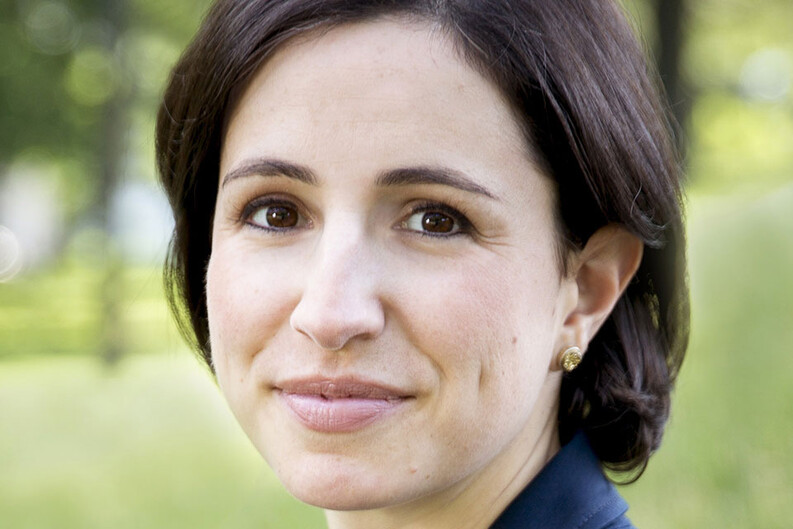Broad Leib Shares Work on Tackling the Food Waste Crisis

On April 18, 2017, Professor Emily Broad Leib (Harvard Law School) delivered a presentation on Reducing Food Waste: Strategies for People, Planet, and Profit. Sponsored by the Yale Food Law Society, the Solomon Center for Health Law and Policy, and the Yale Sustainable Food Program, Broad Leib’s lecture delved into the crisis of food waste in the United States, unpacked its root causes, and detailed policy and legal solutions at the federal, state, and local levels.
Americans waste almost half of the food produced in the U.S. At the same time, 12% of Americans face food insecurity. Our food waste, in turn, means we waste 21% of the water and 19% of the fertilizer we use, 21% of landfill volume, and 18% of cropland. Food waste, Broad Leib said, is thus “a microcosm for all the issues across the food system.” The federal government has recognized the food waste crisis and set a national food waste reduction goal of 50% by 2030. How we will meet this goal, however, is not clear.
Under Broad Leib’s direction, the Harvard Food Law and Policy Clinic (FLPC) has assumed a leading role addressing food waste. Since food waste is a new policy area, there is currently not much law on the books, and there are opportunities to use a variety of tools, including regulation, liability, spending, tax policy, and education. FLPC works with government agencies and about a dozen states on state-level food policy efforts, including organic waste bans, publishes informative reports and guides, and convenes meetings and conferences. FLPC has worked to develop date label reform, a viable, cost-effective solution. According to Broad Leib, there are no federal standards regulating date labels, and they are generally not about safety, but quality. Through FLPC’s efforts in February of this year, both the Food Marketing Institute and the Grocery Manufacturers Association, the two main industry trade groups, announced a voluntary initiative to standardize dates on consumer-facing food packages by the summer of 2018.
In Broad Leib’s words, reducing food waste represents “a triple-bottom opportunity: it can help people, help the planet, and drive profit and economic development.”
Professor Broad Leib currently serves as Assistant Clinical Professor of Law, (founding) Director of the Harvard Food Law and Policy Clinic, and Deputy Director of the Harvard Law School Center for Health Law and Policy Innovation. Recognized as a national leader in the area of food law and policy, Broad Leib’s scholarship has been published in journals, including the Wisconsin Law Review, Harvard Law & Policy Review, and Journal of Food Law & Policy, and her work on food waste has been covered in national media outlets.


